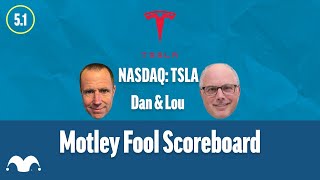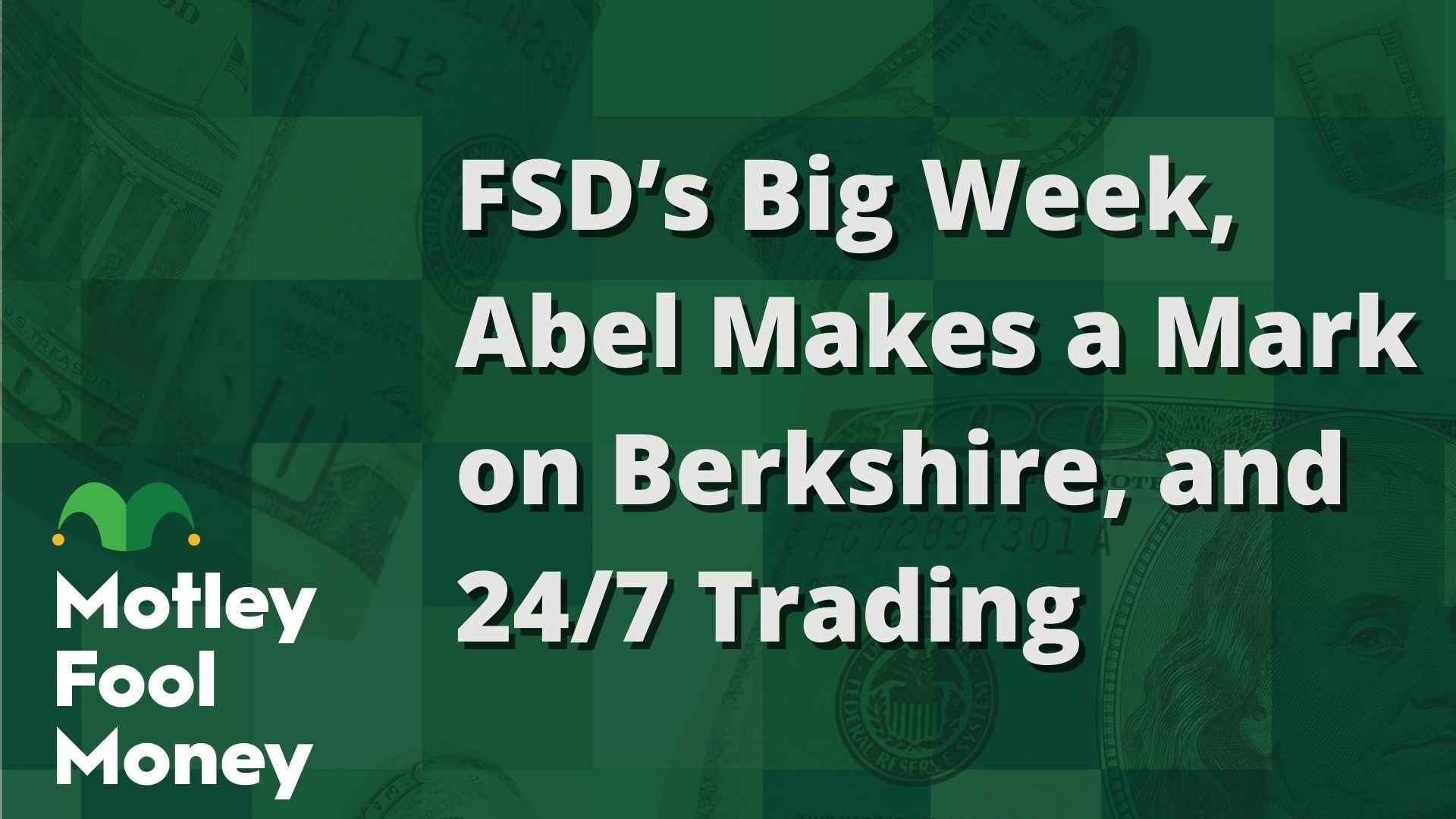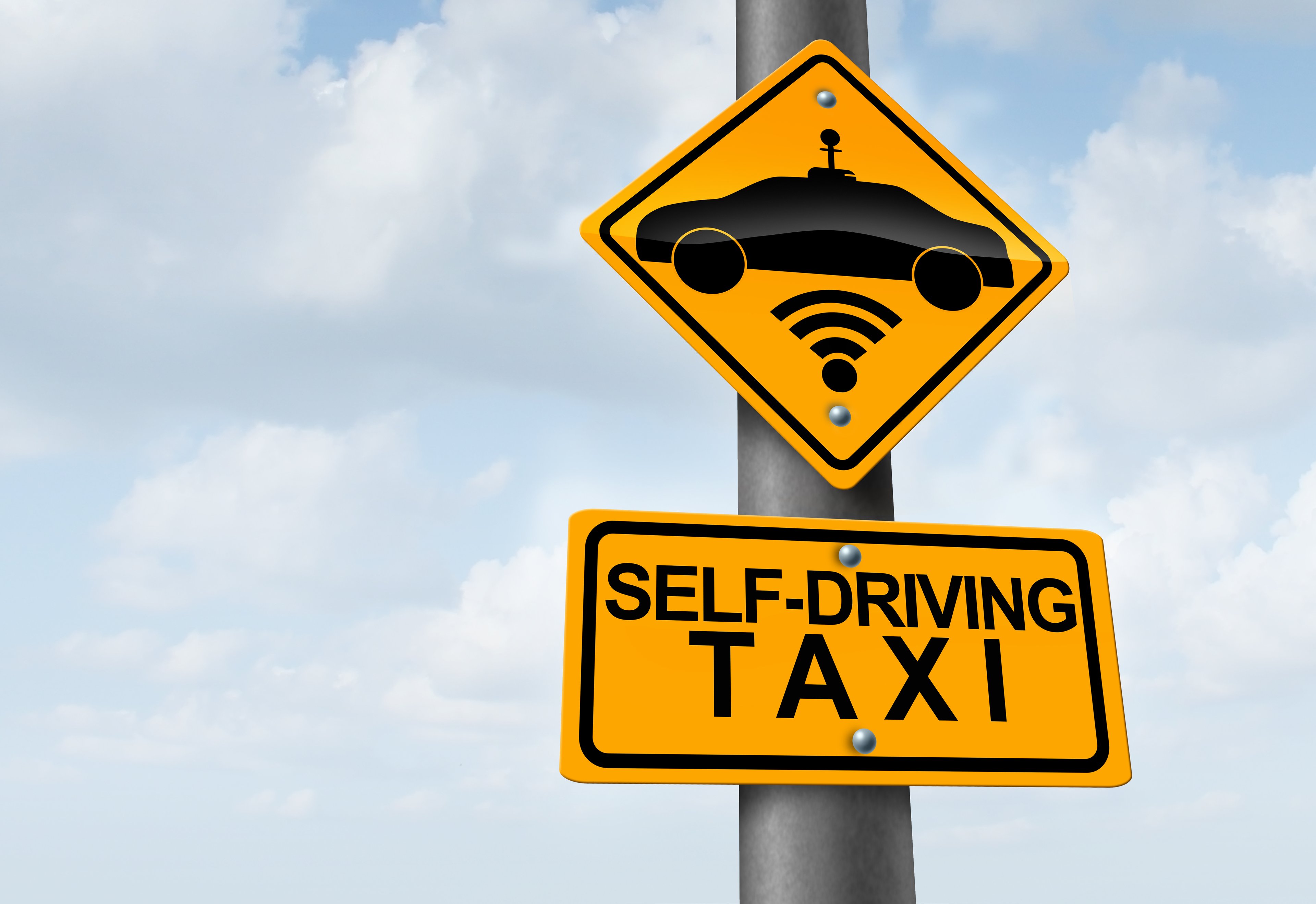
Want a Dodge Challenger SRT Hellcat? Good luck: Lots of dealers are having trouble navigating FCA's convoluted ordering process -- and now FCA is warning its customers to beware of dealer shenanigans. Source: Fiat Chrysler.
Late last week, Fiat Chrysler Automobiles (FCAU +0.00%) did something extremely unusual: It warned its customers to beware of its dealers. The issues? Unexpectedly high demand for FCA's white-hot Dodge Challenger and Charger SRT Hellcat models, FCA's Byzantine ordering process for the high-speed rides -- and ethically dubious behavior on the part of some FCA dealers who have been trying to beat the system.
FCA's executives surely hate to see dealer shenanigans going on -- and potential customers being disappointed -- with a new model that was supposed to be a big part of relaunching the Dodge brand. But it's hard to see how they could have avoided it, because the whole distribution system for these cars is broken -- in exactly the kind of way that is ripe for "disruption" by companies like Tesla Motors (TSLA 4.12%).
FCA tries to tell customers how to avoid "disappointment"
FCA senior vice president for communications Gualberto Ranieri started this discussion with a post on FCA North America's blog last Friday titled, "Avoiding Hellcat Ordering Disappointment." As Ranieri explained it, the issue is that a few dealers have accepted a whole lot of customer orders for Hellcats -- more than they're likely to be able to fill under FCA's rationing system. Ranieri warned potential Hellcat customers to ask pointed, in-depth questions about the dealer's ability to order the car before placing a deposit.
The real issue here is this: FCA apparently way underestimated demand for the Hellcats. It can't make enough of the 707-horsepower muscle cars to meet the rush of initial demand any time soon, probably because of bottlenecks of Hellcat-specific parts at its suppliers; hence, the convoluted process by which a dealer can become eligible to order a Hellcat.
This graphic from Ranieri's blog post attempts to explain it:

Source: Fiat Chrysler Automobiles.
Got that all figured out? Do you also have a good understanding of how your state laws govern vehicle orders and the return of deposits, as Ranieri says you should? Good... then maybe you're qualified to go to your local Dodge dealer and try to arm-twist them into ordering your new Hellcat.
Doesn't this process seem just a little bit messed up? Why should I, as a customer, have to deal with all of this rigmarole in order to buy a car?
Tesla is showing the industry how to sell a hot new model
I can't avoid contrasting this with the ordering process for the other fastest-accelerating American-brand sedan, the new P85D version of Tesla's Model S. The P85D, with two electric motors powering a sophisticated all-wheel-drive system, will actually outaccelerate the blindingly fast Hellcats to 60 miles per hour.
Unlike the Hellcats, however, it's super-easy to buy one -- assuming you have the $105,670 price of entry. Just go to Tesla's website, and order one. Click. Done.
You even get priority production. Those who order a "regular" Model S today will have to wait until May for their new rides, but a P85D ordered today will be delivered by the end of the month, Tesla says.
No dealer markups, no discovering that your place on the waiting list was given to some guy who was willing to pay extra, no nonsense about how the dealer is only ordering cars for customers who have bought five or more vehicles from them, no ordering a car in October and wondering why it's March and you still don't have a build date. No hassles, no Byzantine process.
That's how you sell a hot new model: By taking good care of the customers who are stepping up to buy it. No wonder Tesla has the highest owner-loyalty ratings in the business. How does FCA's existing system serve customers who are trying to spend $60,000-plus on a Dodge?
The way (most of) America buys cars is broken
The answer is that it doesn't. Automakers' processes are set up to serve their franchised dealers, not their customers. In this case, the process serves dealers by rewarding those who have sold lots of Dodge products with the right to sell some -- presumably very profitable -- Hellcats.
To be fair, this specific policy does make a sincere effort to serve the customers within a dealer-centric system by making it somewhat hard(er) for those dealers to sell Hellcats with big markups. (If a dealer has a Hellcat on the lot for more than five days, it loses out on the next month's order opportunity.)
But in the process, it makes everyone unhappy. The dealers that are trying to do things the right way have disappointed customers. Customers are waiting months and months for cars -- assuming they can order one at all. And FCA's well-intentioned attempt to put the hottest Dodges ever into customers' hands at affordable prices as a key part of its brand-building strategy is misfiring.
But all of this seems unavoidable under the existing dealer system. Think maybe Tesla is on to something?






